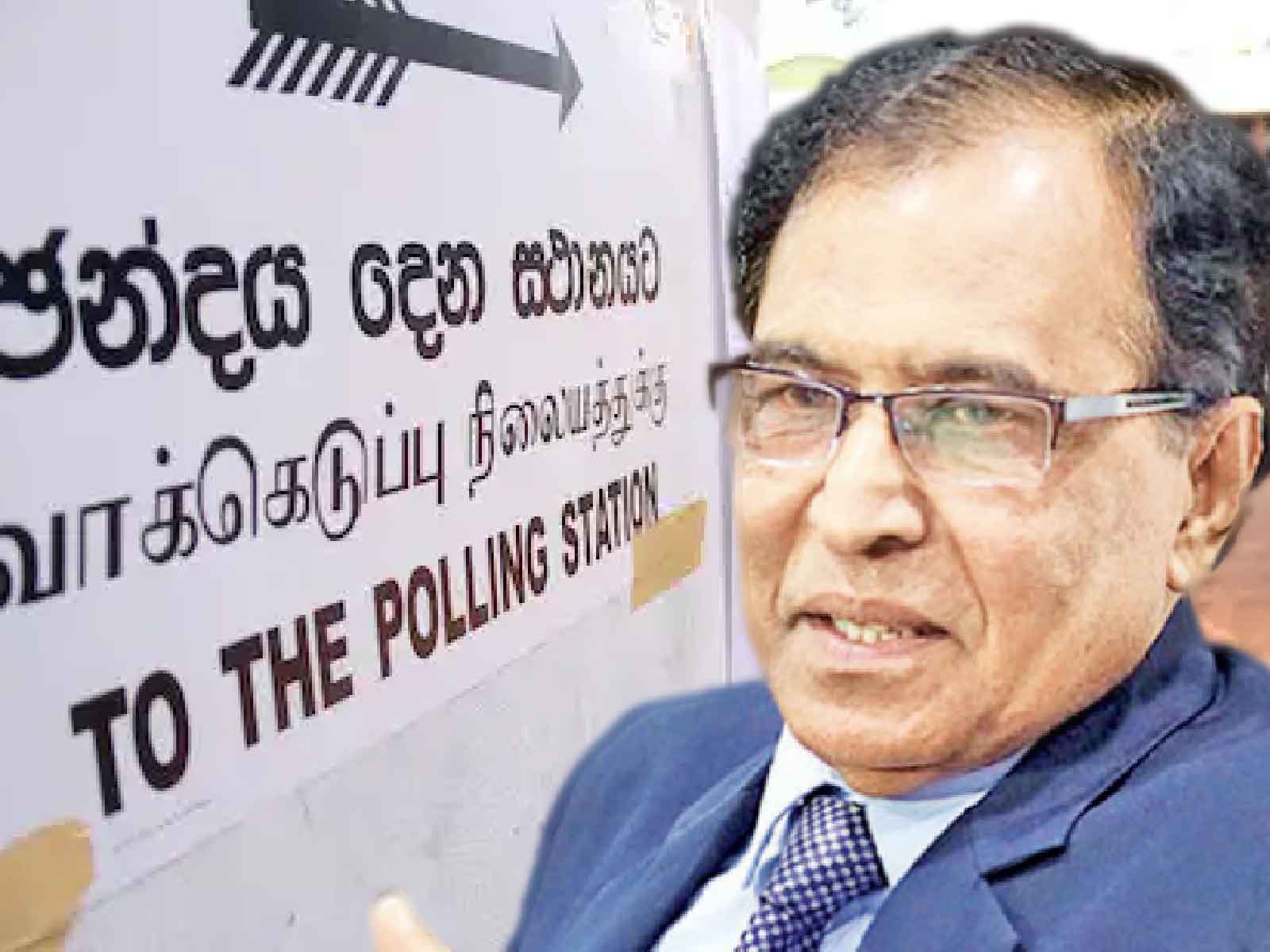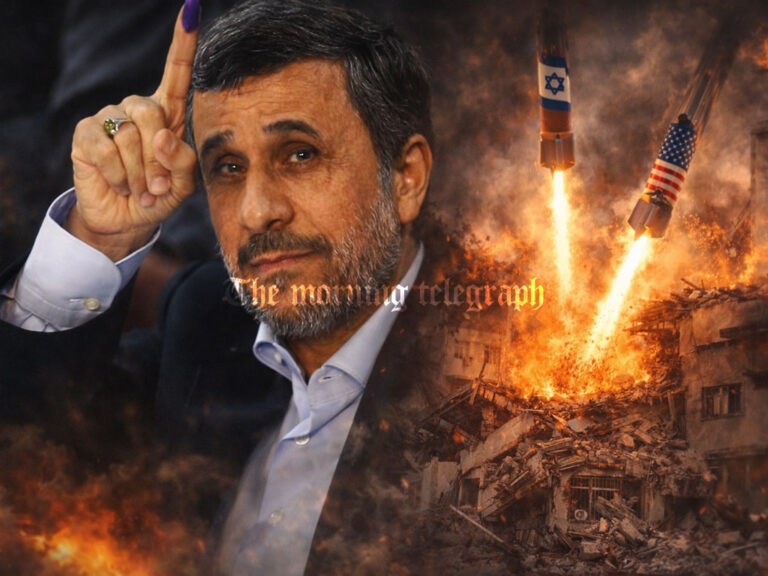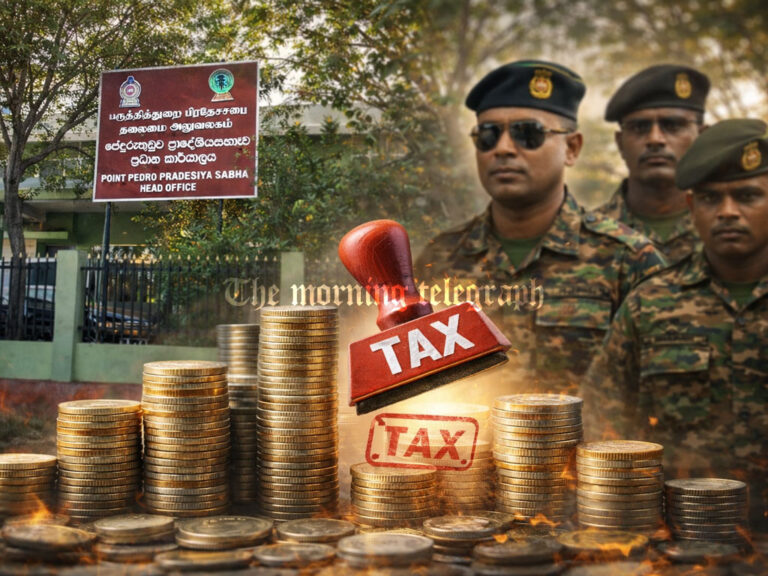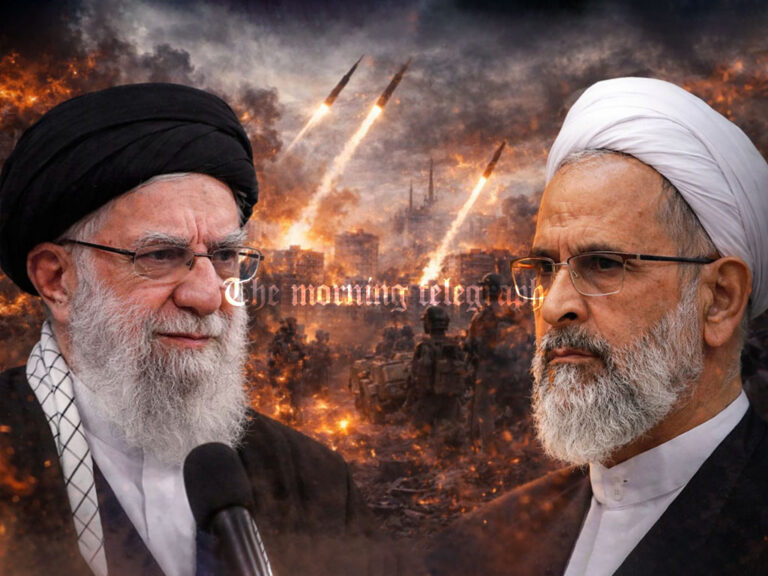
Election Commission Issues Guidelines for Conduct During Election Season
The Election Commission has issued a set of guidelines outlining what party candidates and supporters must avoid during the presidential election period. These directives are designed to ensure a fair and transparent electoral process, with strict penalties for violations.
Prejudicing a Candidate
Under Section 74 of the Presidential Election Act, it is illegal to display or distribute campaign leaflets and other promotional materials from the date of nomination until the end of polling. This regulation is designed to prevent any unfair advantage for one candidate over another and to ensure a level playing field during the election.
The Election Commission has clarified that all candidates must adhere to this rule. To enforce compliance, the Commission has directed the Inspector General of Police to monitor and take appropriate legal action against any violations. This includes removing unauthorized campaign materials and addressing any reported breaches of this rule to maintain electoral fairness.
Display of Advertisements
Election campaign advertisements, including publicity photographs, pictorial signs, flags, and pennants related to the Presidential election, are subject to strict regulations. These materials may only be displayed on the day of a meeting near the venue or at authorized polling offices.
Candidates and their supporters must adhere to these specific restrictions to ensure that advertising is conducted in a controlled and lawful manner, preventing any undue influence on voters or disruption of the electoral process.
Use of Loudspeakers
The use of loudspeakers for election campaigning is allowed only with prior authorization from the police. This regulation is designed to manage noise pollution and prevent disruptions to public peace. Campaigners must ensure that loudspeakers are used in accordance with local noise ordinances and do not infringe on the rights of others.
Bribery, Corrupt Practices, and Influence
The act of offering incentives or gifts to voters in exchange for their support is explicitly classified as bribery under electoral laws. This includes any form of entertainment, direct financial incentives, or other forms of undue influence aimed at securing votes, all of which are regarded as acts of corruption.
Election candidates and their supporters are also prohibited from leveraging religious programs or events held in sacred places to promote their campaigns. Such actions are considered a form of undue influence, which undermines the integrity of the electoral process. Engaging in these practices not only breaches legal requirements but also risks severe penalties, including disqualification from the election and legal repercussions.
Public Service Operation and Use of Public Property
During the election period, all Government Ministries, Departments, State Corporations, Banks, Boards, Constitutional Institutions, Provincial Councils, and Local Government Institutions are categorized as government entities and are subject to specific regulations.
Officials deprived of political rights are prohibited from participating in any political activities aside from voting in the presidential election. Additionally, civil servants who retain political rights are restricted from engaging in political activities during their office hours.
The Election Commission has mandated that all government officers and employees adhere to the directives issued through Gazette No. 2394/56 dated July 26, 2024. These directives have been communicated through various media channels, including letters, radio, television, and newspapers, emphasizing the necessity for all government
The Period After the Presidential Election
Following the presidential election, demonstrations will be prohibited for one week. During this period, any illegal demonstrations will be subject to police action, including the possibility of recording such cases in court. This measure is intended to ensure order and stability following the election.




